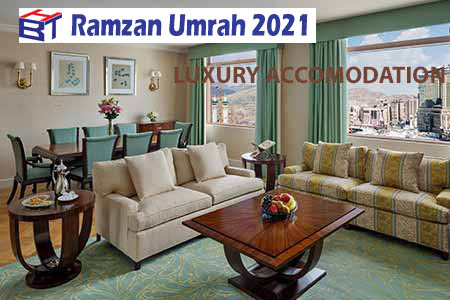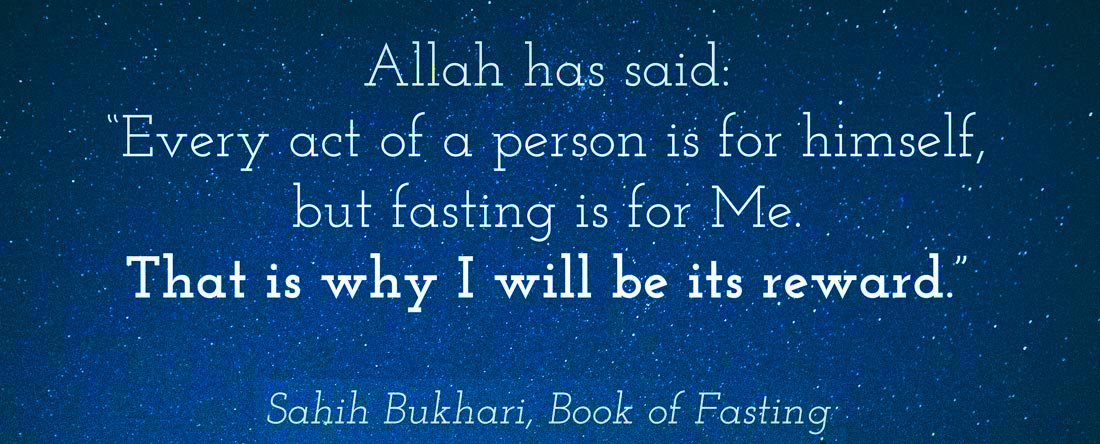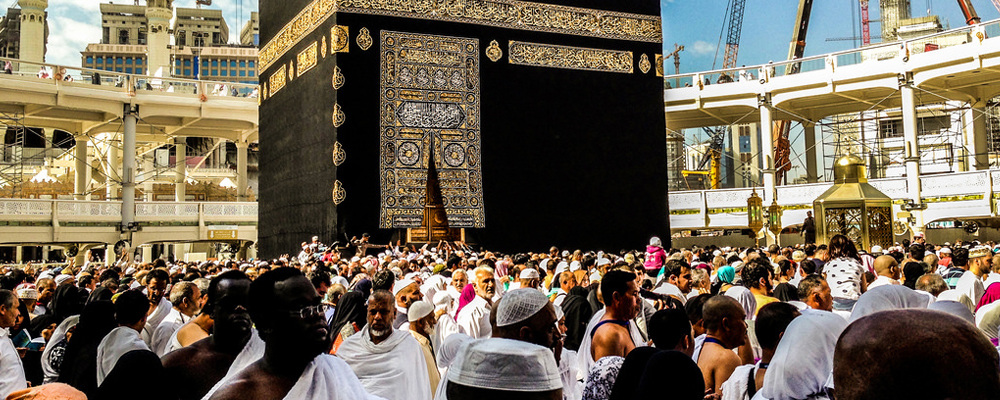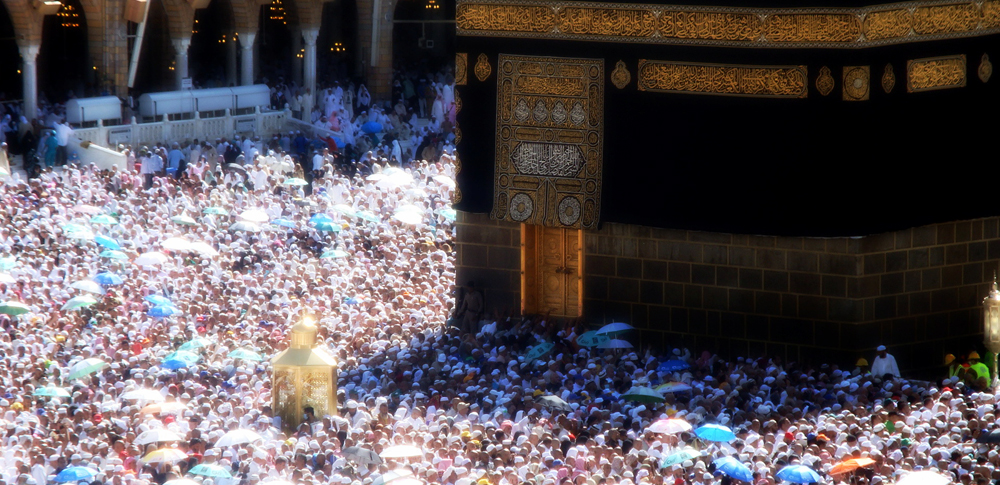Is Haj becoming for the rich only?
It is evident by the current prices that the cost of Haj is increasing every year. According to news reports, it has doubled every year in the past five years. Prices are reaching a level where an average pilgrim cannot afford it anymore, or is finding difficulty in saving the amount he/she would need to pay for Haj. This will leave people in the lower-income bracket handicapped, as they would be unable to afford the prices for Haj campaign, especially if there are more members in the family.

Image by: Saudi Gazette
I am not aware of how much it costs for pilgrims coming from abroad, but the cost of performing Haj is getting more and more expensive for them, too. There are millions out there who want to perform Haj but are not able to because of the cost of travel and accommodation. Many people are willing to do anything to perform this once-in-a-lifetime duty of Islam. Although in Islam there is a proviso excusing those who are not financially able to perform Haj, but still the vast majority, especially the elderly who did not get a chance to perform Haj, would love to fulfill it. And they try their level best to meet the cost, but the cost of the Haj campaign is a big hurdle for them.
Today, it is reported, that the cost of a Haj campaign starts from SR2,000 and reaches to more than SR100,000 in some cases. According to reports, some people who went on to search for a reasonabley priced Haj campaign found out that prices had already reached SR20,000. It is only the early birds and the lucky ones that found Haj campaigns for SR12,000. A middle-income person would surely not be able to afford this price. With his/her salary, he/she cannot save money, especially with the rising cost of living these days.
I will like to ask how could a domestic pilgrim, whether Saudi or expat, with an average salary of SR7,000 a month and with a family of four afford Haj? If we do the math assuming that he/she would pay SR9,000 per person for a Haj campaign, then this pilgrim with a family of four will have to pay SR36,000. How much this pilgrim would save from his/her salary each month, taking into consideration, the rent, school fees, food and many other incidental things that prove to be necessities, which are on the rise too?
Pilgrims are not allowed to perform Haj without obtaining a permit first, which in my opinion is a good organizational move that aims at ending squatting at Haj sites. In order to obtain a permit, a pilgrim would have to register with one of the Haj service campaigns through one of the offices that charge a high price for their service, and here’s where the cost issue starts.
It is not logical that people pay huge amount of money for five days only. The accommodation is a tent and not a five-star room, and it is a shared tent with many other pilgrims. The food is ordinary and not Sushi or expensive fish. As for transportation, the buses used are normal.
Haj is simple, pilgrims wear the simple white Ihram clothing. A pilgrim in Haj sites is not told to live a flashy life but to be simple and humble and devote most of his/her time praying to God. A pilgrim does not need a TV or a sofa in his tent. Therefore, high-priced Haj campaign should be discouraged.
To combat price increase, the Haj Ministry has come up with the low-price Haj campaigns where people who want to perform Haj would pay between SR2,500 to SR5,000, which would be economically realistic for middle-income people. Around 42,000 seats were specified for those who wish to join the low-price Haj campaign divided between all Haj service providers. Registration was done through an online website. Registration ended within 24 hours with all campaign seats being fully reserved.
I wonder why all Haj service campaign would not lower their prices to a reasonable level so that all segments of society are able to afford Haj? If such trend of high-priced campaigns continues, then we would reach a level where Haj would be affordable only by the rich people. And this we do not wish to happen.
All Haj campaign services should provide their services for the least minimum price. If businessmen, who are preparing tens of thousands of food items for free every day seeking only reward from God, can do it, then so can the service providers. If there are good people distributing food, clothes and shoes for free every day, so can the businessmen who own the Haj campaigns. It is so simple, just seek reward from God by working out the pricing in such a way that it does put both the pilgrim and the service provider out of pocket. And this is sure to reap rewards for the people serving pilgrims with an affordable Haj.
If we browse through the history of Makkah people, serving pilgrims was an honor that they were proud of. Today these high-priced Haj campaign owners should take a leaf out of the Makkans’ book and believe that serving pilgrims is an honor enough and should set the cost such that affordability is the byword of these campaigns.
Article source: Saudi Gazette





